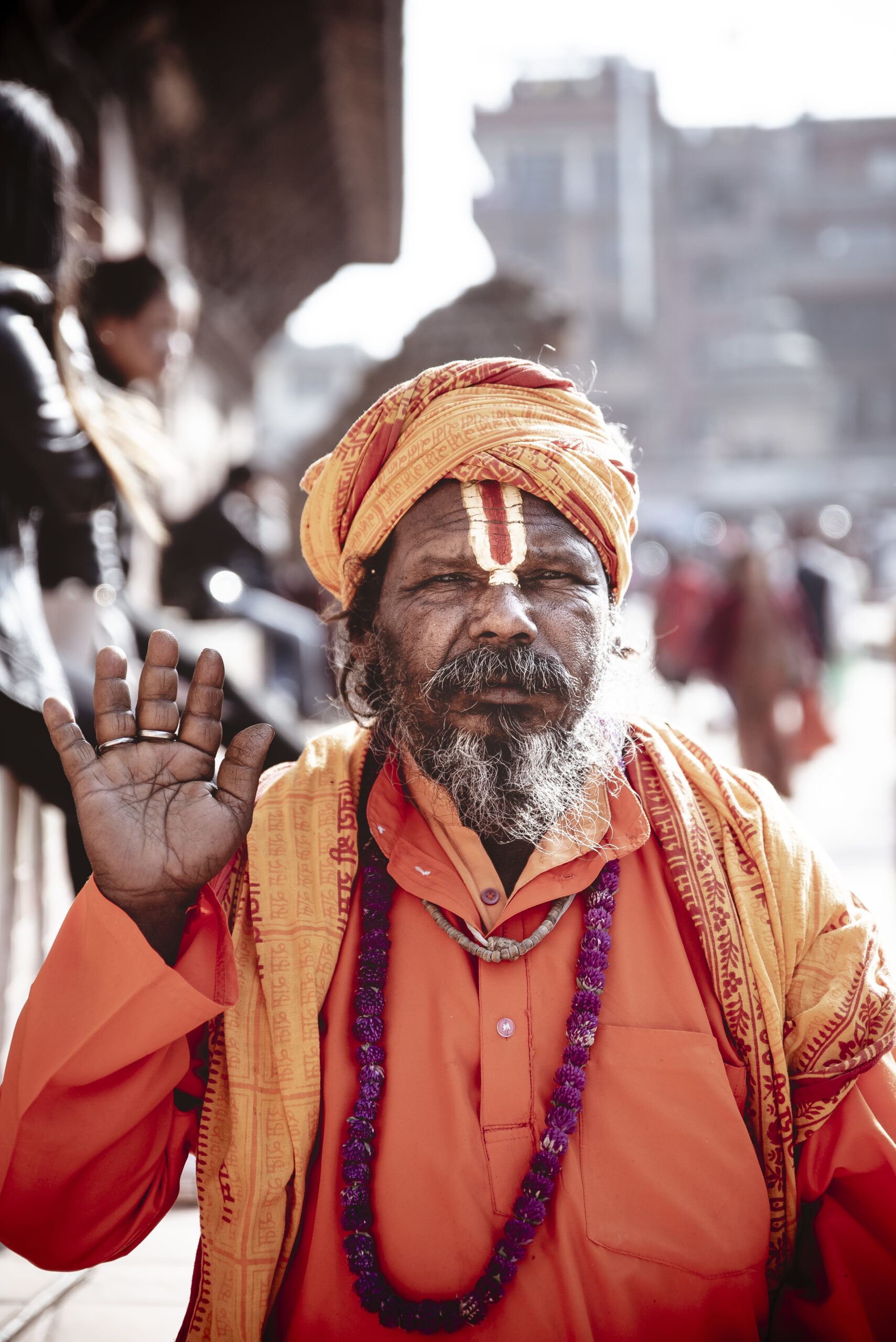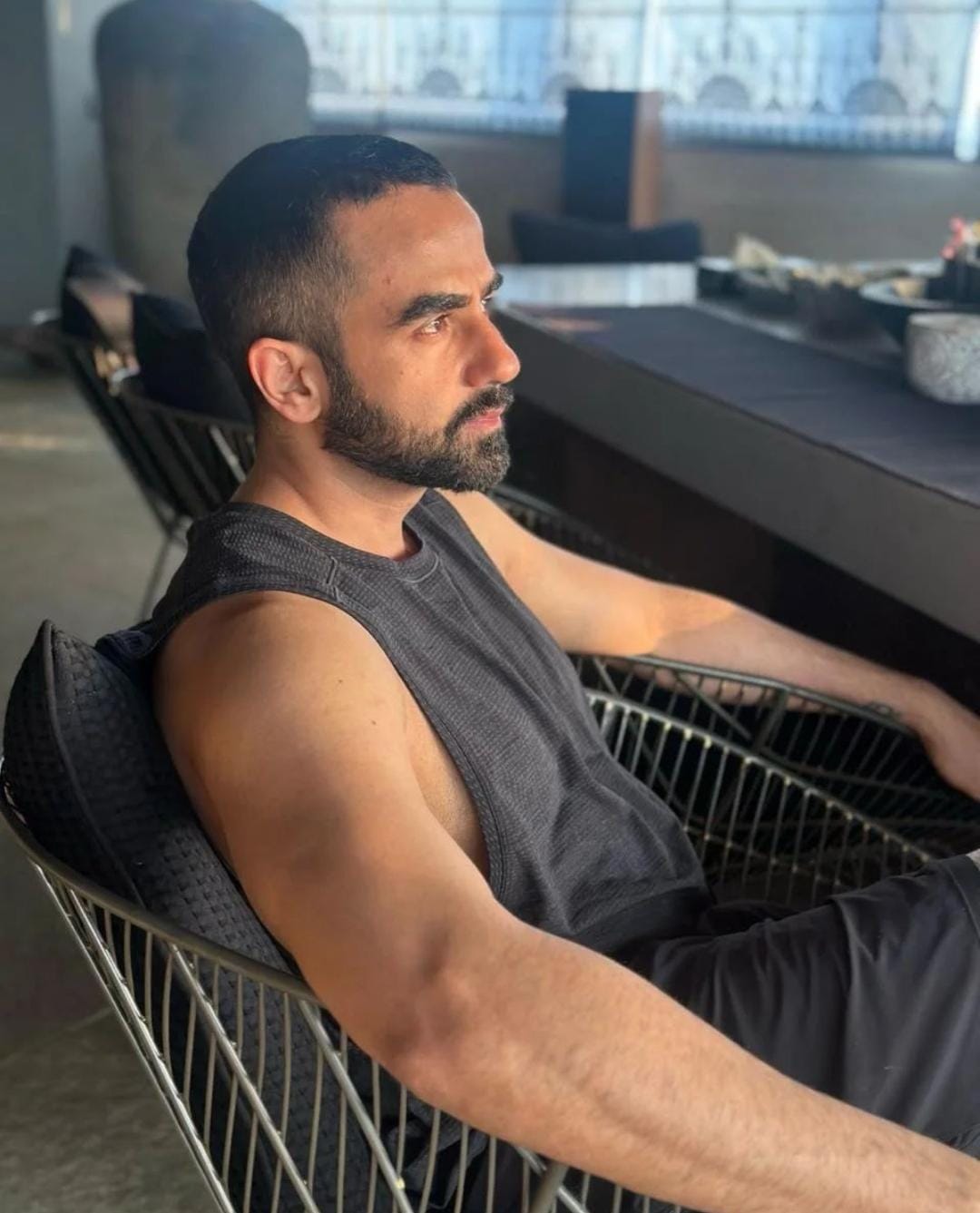Why Religion and Politics Should Never Mix: Keeping the Conversations Separate
The Vibrant Spectrum of Religious Beliefs in India
India, a land known for its cultural diversity and spiritual richness, houses a plethora of religious traditions and practices that have coexisted harmoniously for centuries. This article aims to provide a comprehensive overview of the major religious communities in India, highlighting their origins, beliefs, and significance in shaping the country’s socio-cultural landscape.
The Historical Context of Separation
Throughout history, the intertwining of religion and politics has often led to controversy, conflict, and societal unrest. The separation of these two domains has been a cornerstone of modern democracies, ensuring freedom, tolerance, and the protection of individual rights.
The Importance of Religious Freedom
Individual Beliefs and Rights
One of the fundamental principles of a democratic society is the freedom of religion. Every individual has the right to practice, or not practice, any religion of their choice without interference from the state or political entities.
Tolerance and Pluralism
Separating religion from politics promotes tolerance and pluralism, allowing for a diverse range of religious beliefs and practices to coexist peacefully within society. It prevents the dominance of any single religious ideology and fosters a more inclusive and harmonious community.
The Role of Politics in Governance
Secular Governance
In a secular democracy, politics should focus on governance, public policy, and the welfare of citizens, irrespective of their religious beliefs. Political decisions should be based on rationality, evidence, and the common good, rather than religious doctrine or dogma.
Protecting Minority Rights
Separating religion and politics is crucial for safeguarding the rights of religious minorities. It ensures that political decisions are not influenced by the majority religion, thereby protecting the rights, freedoms, and interests of all citizens, regardless of their religious affiliation.
The Risks of Mixing Religion and Politics
Polarization and Division
Mixing religion and politics can lead to polarization and division within society. It creates an “us vs. them” mentality, fostering animosity, prejudice, and discrimination against those with different religious beliefs or affiliations.
Threats to Secularism and Democracy
The convergence of religion and politics poses a significant threat to secularism and democracy. It undermines the separation of church and state, erodes the principle of religious freedom, and jeopardizes the foundational values of a democratic society.
Case Studies: The Dangers of Mixing Religion and Politics
Theocracy in Iran
The establishment of a theocratic regime in Iran serves as a stark reminder of the dangers of intertwining religion and politics. The Islamic Republic of Iran has been characterized by religious authoritarianism, suppression of dissent, and violations of human rights, particularly targeting religious minorities and women.
Hindu Nationalism in India
The rise of Hindu nationalism and the Bharatiya Janata Party (BJP) in India has led to increasing religious polarization, discrimination against religious minorities, and erosion of secular values. The promotion of a Hindu majoritarian agenda in politics has exacerbated social tensions and threatened the country’s secular and democratic fabric.
The Syncretic Spirit of Indian Religion
India’s religious landscape is not just characterized by its diversity but also by its syncretic nature, where different religious communities have coexisted and interacted with each other, enriching the country’s cultural heritage. Festivals like Diwali, Eid, Christmas, and Guru Nanak Jayanti are celebrated with equal fervor and enthusiasm across the country, transcending religious boundaries and fostering unity in diversity.
Conclusion
The separation of religion and politics is essential for maintaining a free, tolerant, and inclusive society. It protects religious freedom, promotes secular governance, safeguards minority rights, and prevents the polarization and division of society. History and contemporary examples illustrate the dangers of mixing religion and politics, emphasizing the need to keep these conversations separate to preserve the core principles of democracy, freedom, and human rights.
To know more about this topic visit Remah Pemilu.
If you liked this article do visit our site TIMES DIGEST for more such news updates.











